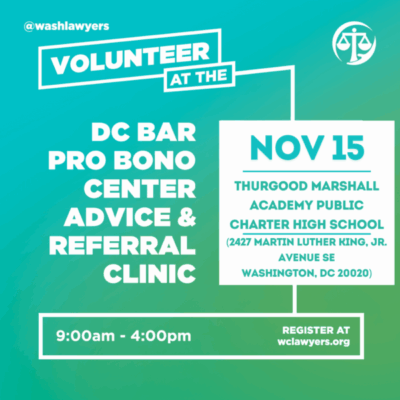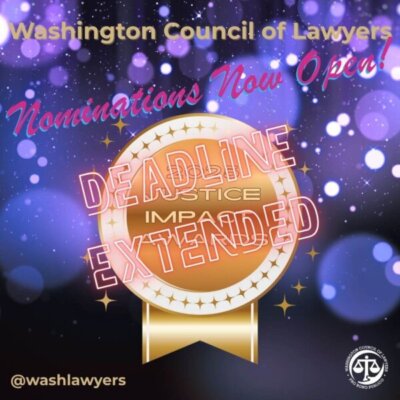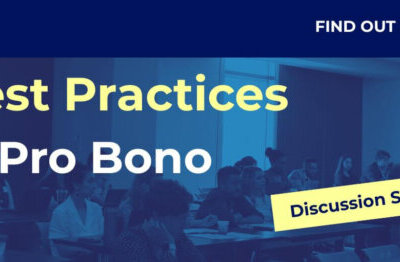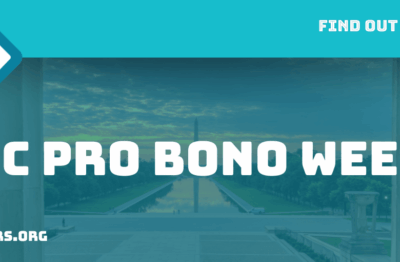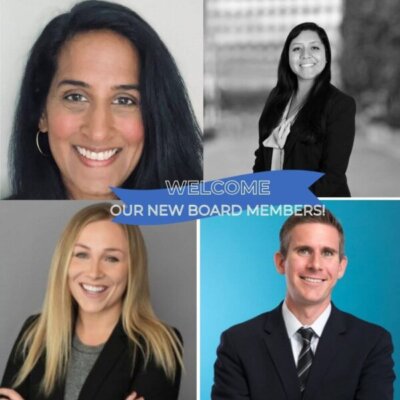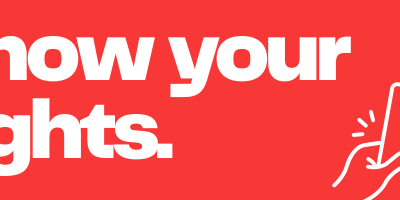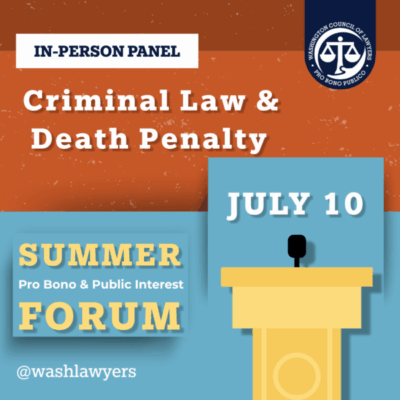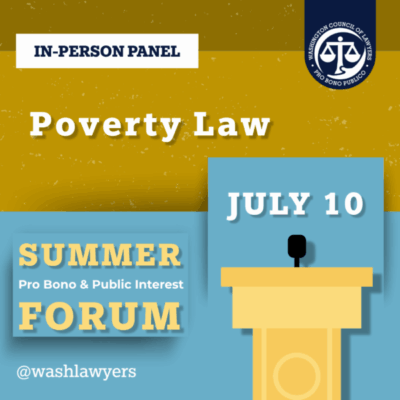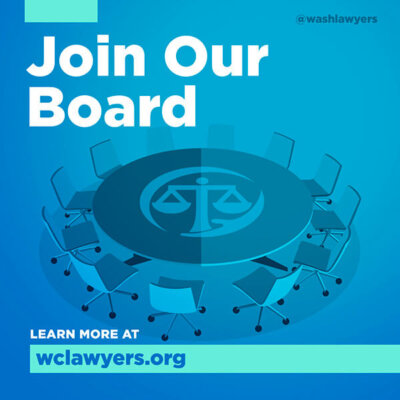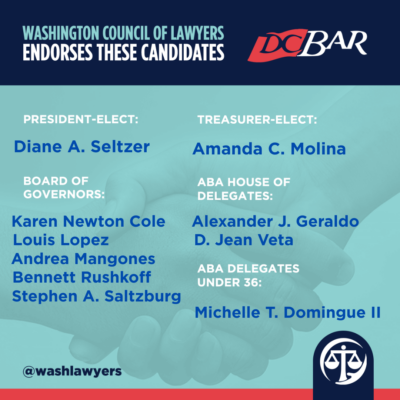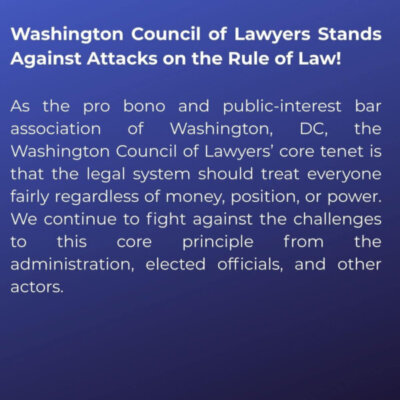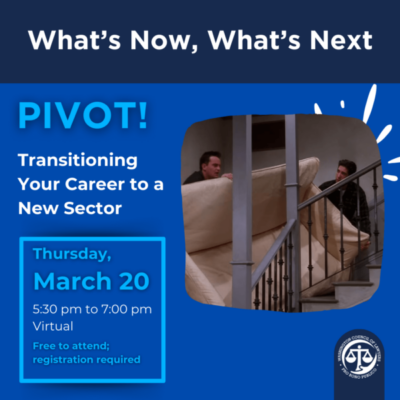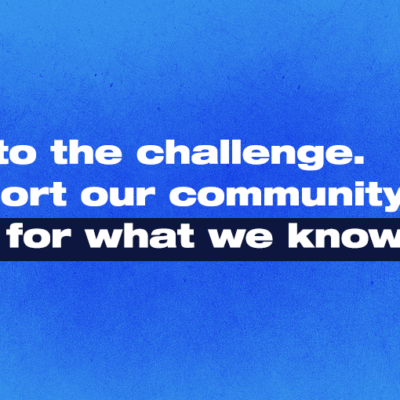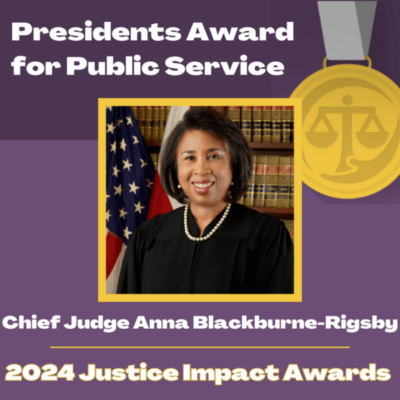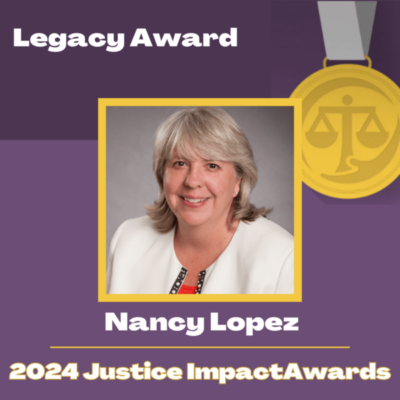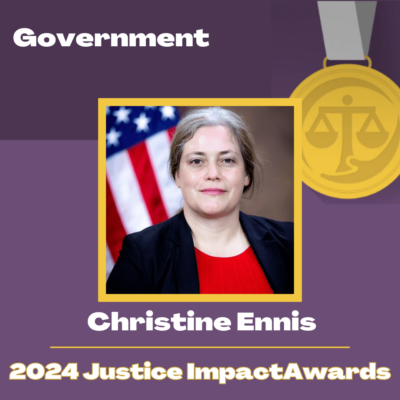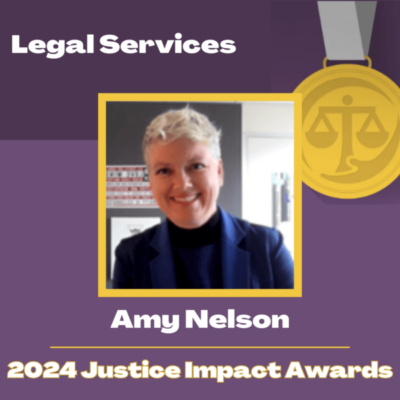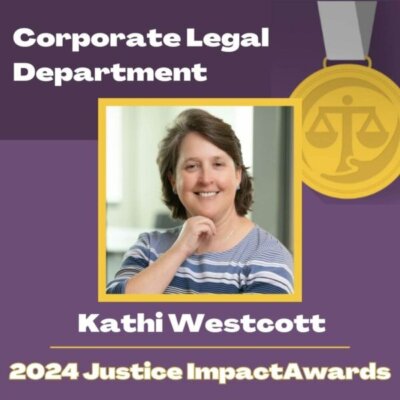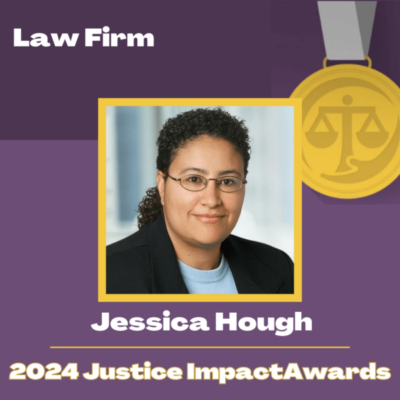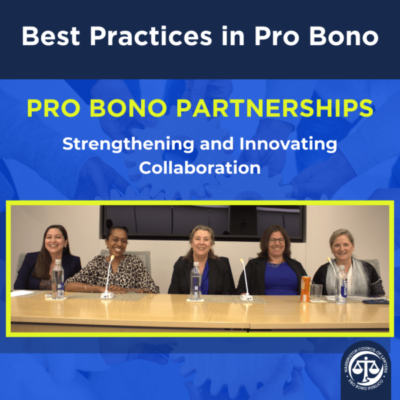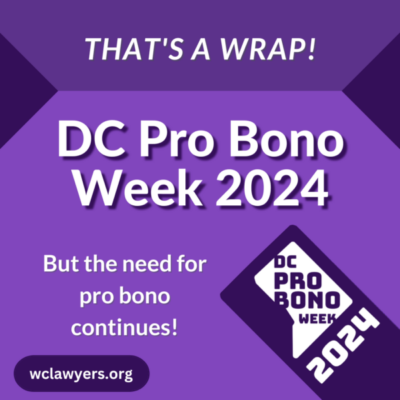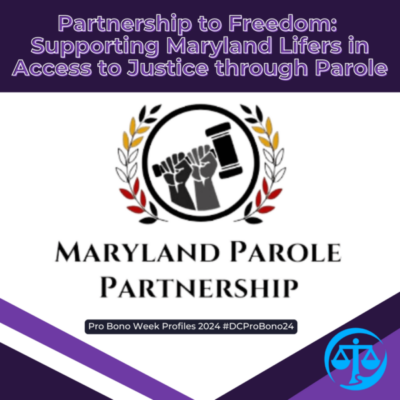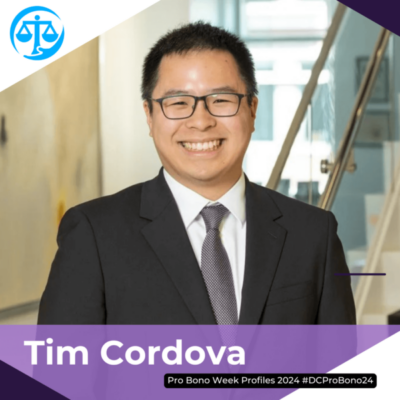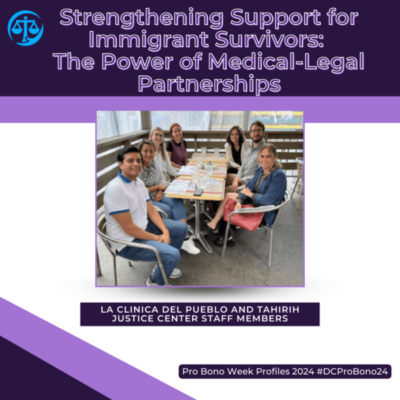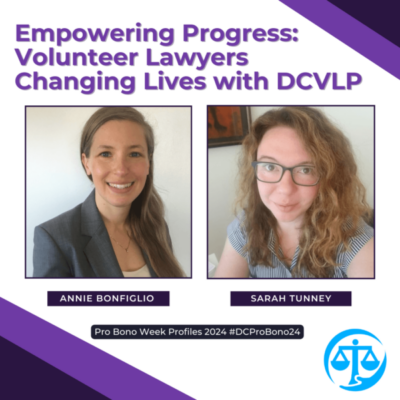Volunteer! DC Bar Advice & Referral Clinic
Trying to find a way to fit pro bono service into your schedule? Join us for a rewarding day of service, where your skills can make a significant difference in the lives of those seeking legal guidance and support! Volunteer on Saturday, November 15th to gain experience in serving the D.C. community in a variety of matters! At the clinic, you’ll provide brief advice (and referrals) to people who otherwise wouldn’t have access to legal help. We meet at Thurgood Marshall Academy Public Charter High School (2427 Martin Luther King, Jr. Avenue SE Washington, DC 20020). Please arrive at 9:00 am, a brief orientation takes place at 9:15 am, and volunteers are asked to stay until the last client is seen, usually at least 3:00 pm. There’s no time commitment beyond the clinic itself. As a volunteer attorney, you’ll answer questions about consumer law, family law, housing law, public benefits, bankruptcy, and other topics. You don’t need to be an expert in these areas of law: D.C. Bar Pro Bono Center staff and expert mentors will be on hand to help. You do need to be a member of the D.C. Bar, or a federal government attorney barred in another state to participate. The deadline to volunteer is Tuesday, November 11 by 5:00 pm ET. Once you register to attend, our Program Director and volunteer coordinator, Chris Marin, will be in touch with additional details. We are currently looking for volunteers in private practice, including solo practitioners and those at firms. If you are currently a law student and would like to volunteer please contact Rachel Lawrence at lawrencera@cua.edu. Thank you!







